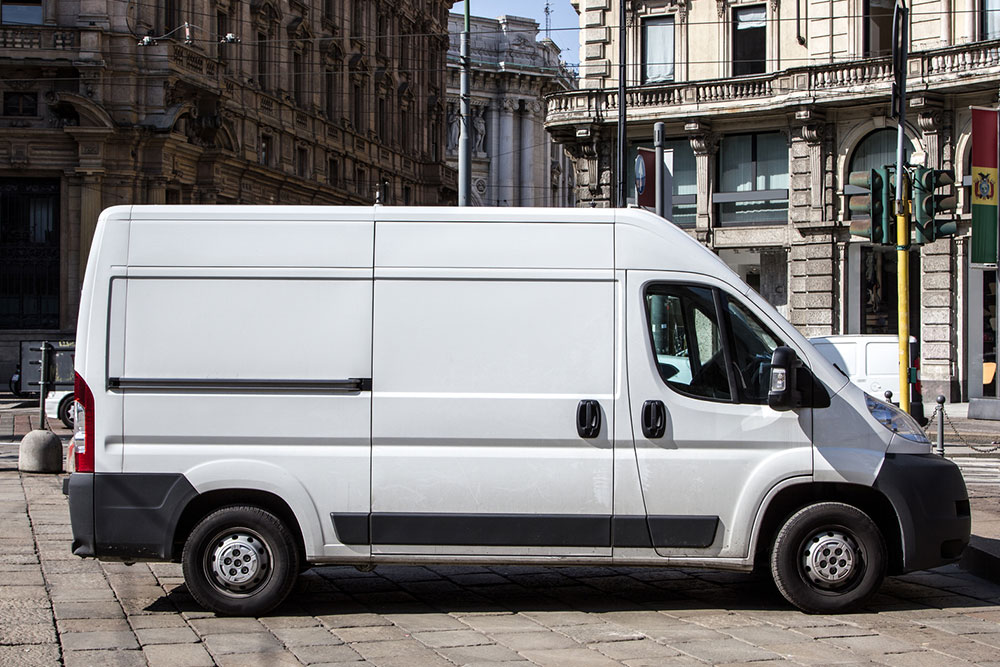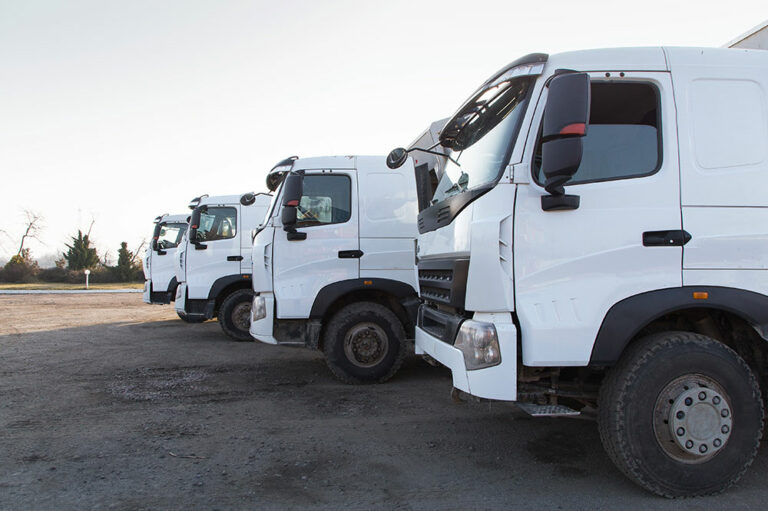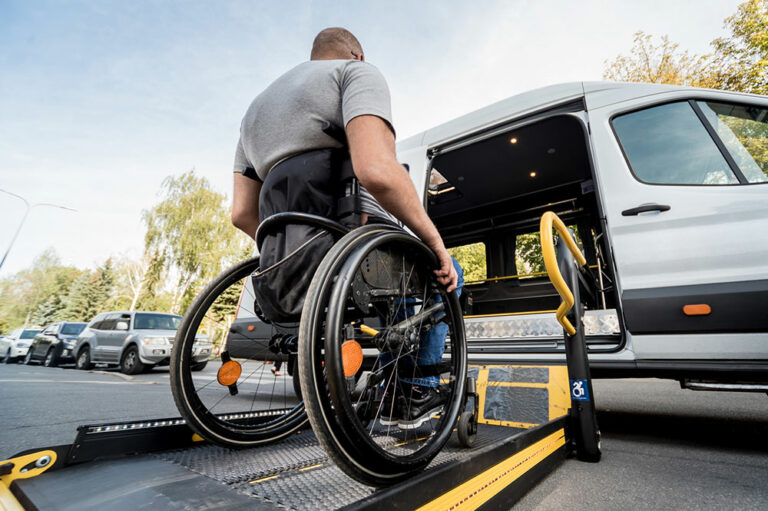Things one should know about cargo vans

Cargo vans are a type of commercial vehicle designed primarily for the transportation of goods or cargo. They can be full-sized or compact and often cater to different needs. These vehicles offer the comfort of an average car and a truck’s capabilities, making them suitable for transporting cargo, equipment, and more. Businesses and individuals widely use cargo vans for a range of purposes. Here are some of the key factors of cargo vans:
Cargo vans distinct features
Enclosed and ample cargo space
Cargo vans have a dedicated cargo area separated from the driver’s cabin, offering a secure and weather-protected space for transporting various items. This space is typically accessed through rear doors or sliding side doors. It also has a spacious loading capacity of approximately 105 to 530 cubic feet.
Versatility
Cargo vans are utilized in various industries, including caterers, landscapers, plumbers, cleaners, florists, tourism professionals, mobile auto dealers, and more.
Payload capacity
Cargo vans are designed to handle a specific payload capacity, including the cargo’s weight and any passengers. The payload capacity varies among different models and is an important consideration when choosing a cargo van for specific transportation needs.
Accessibility
Accessing the van’s tools and cargo is convenient, thanks to its user-friendly design. In addition, the vehicle handles much like a traditional car, which translates to a more accessible and more intuitive driving experience for those new to commercial vehicles.
Affordability
For those who need a spacious vehicle for a short time, renting a cargo van is a more affordable option than renting a moving truck. Furthermore, it is particularly advantageous for those looking for a cost-effective way to transport goods or belongings without compromising space requirements.
Cargo van uses
Transporting goods
Delivery vans are ubiquitous on the roads, transporting packages, parcels, and goods from distribution centers to businesses and consumers across the globe.
Construction
They are also used by construction personnel for transporting tools, equipment, and materials to job sites.
Retail operations
Businesses that operate on a mobile or pop-up basis use cargo vans, like food trucks or other mobile retail businesses, to transport and display merchandise.
Appliance and furniture delivery
Retailers delivering large appliances or furniture often utilize cargo vans to protect items from damage during transport.
Moving
Individuals often rent or own cargo vans for furniture, boxes, and other personal belongings.
Personal use
Travel enthusiasts convert cargo vans into camper or recreational vehicles for road trips and outdoor adventures.



